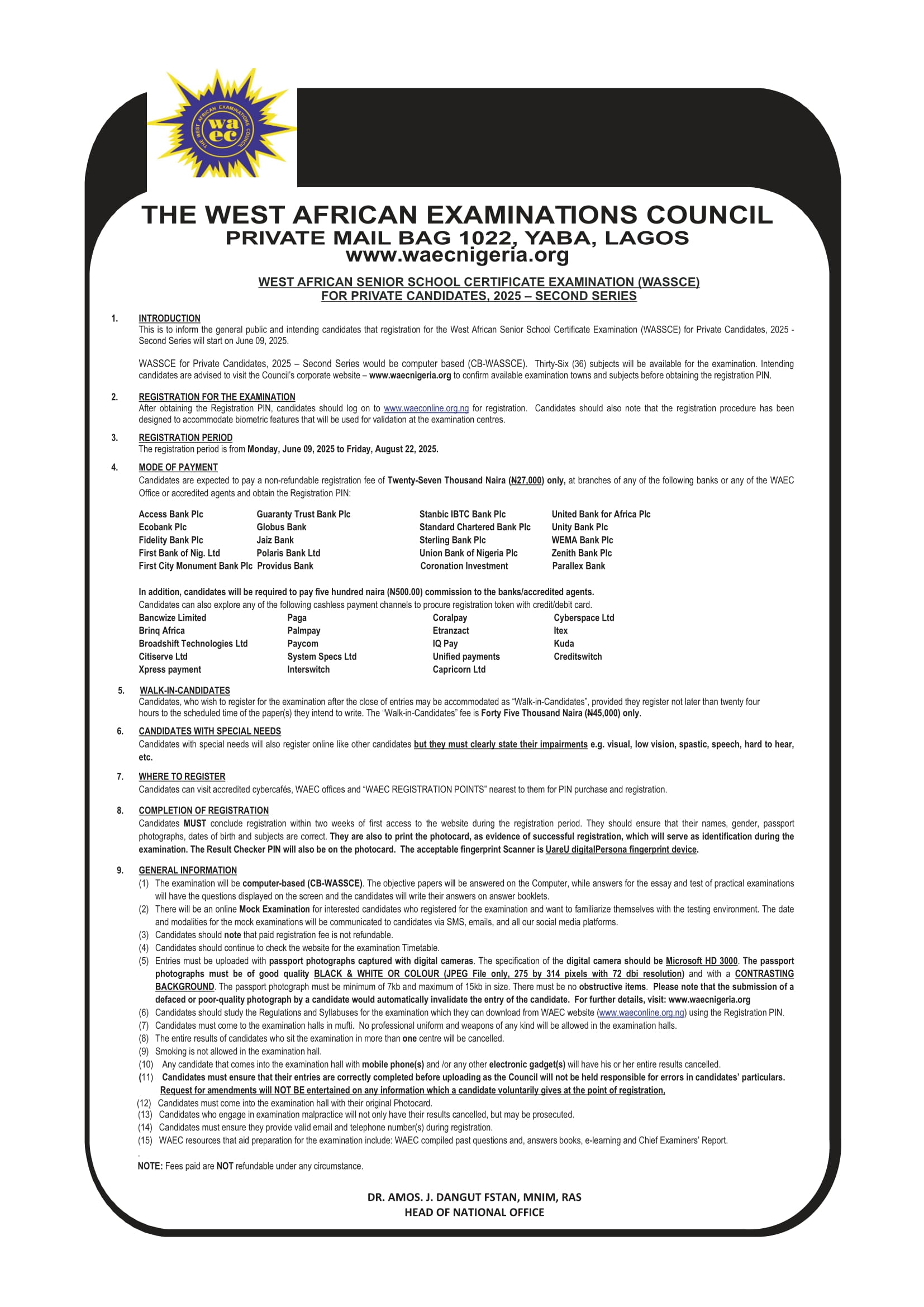
Oil
Oil Steady Ahead Of Fed Rate Hike Decision

After three years of closures, China has opened its borders and officially pulled the plug on its zero-COVID policy, in a bid to overcome sluggish growth and rising domestic dissatisfaction.
At the same time, there is no guarantee China’s return to the oil markets will happen anytime soon, the massive product export quotas issued for 2023 indicate Beijing expects domestic demand to be weaker for a longer time.
-With some 2 billion trips expected in the pre-Lunar New Year period as families reunite after three years of separation, the current level of coronavirus disruptions might turn even worse.
Meanwhile, China’s manufacturing activity declined to 47.0 in December, the lowest reading since February 2020 whilst services activity contracted for the fourth straight month, coming in at 48.0 in December.
Once again, oil price watchers are looking at U.S. Federal Reserve decisions rather than supply-demand balances, with the community eagerly anticipating Thursday’s inflation data to gauge the extent of upcoming interest rate hikes. The main bullish factor of the past weeks, namely China’s widely expected return to oil markets, is still yet to boost oil prices as trust in Chinese consumption growth remains tepid.
Chinese authorities issued their second batch of 2023 oil import quotas, hiking their volume by 20% year-on-year to 111.82 million tons, in a thinly veiled bid to boost refinery operations and product exports amidst slowing economic growth.
U.S. gasoline prices have risen for the second straight week, with the nationwide average coming in at $3.25 per gallon on the back of ongoing refinery disruptions caused by the December bomb cyclone.
At least seven Petrobras-operated (NYSE:PBR) refineries in Brazil were have been disrupted by protests organized by supporters of former president Jair Bolsonaro, prompting the new energy minister Alexandre Silveira to boost security measures.
Russia’s largest private oil firm Lukoil (MCX:LKOH) sold its Italian refinery in Sicily to a group of investors backed by trading house Trafigura for an undisclosed fee, with the Swiss trader handling crude supply and products output.
South African law enforcement agencies are investigating an attempt to poison the outgoing CEO of power utility firm Eskom Andre de Ruyter with cyanide, potentially connected to his clampdown on corruption in the company.
After agreeing to build a $8.5 billion integrated polymer facility in Texas, Qatar’s energy firm QatarEnergy and U.S. petchem joint venture Chevron Phillips Chemical agreed to build a $6 billion petrochemical complex in Ras Laffan, Qatar, expected to begin production in 2026.
Russia’s oil giant Rosneft (MCX:ROSN) asked the government to be considered a potential gas supplier into the 50 bcm per year Power of Siberia-2 gas pipeline that will end in China’s Xinjiang region, expected to be fully operational by 2030.
A consortium headed by China’s lithium producer Tianqi Lithium (SHE:002466) made a $95 million bid for Australia’s Essential Metal (AUX:ESS), marking the first big test of Canberra’s readiness to let Chinese lithium investment into the country.
Mexico’s national oil company PEMEX did not discover a single oil field in 2022, forcing the company’s management to downgrade future reserve replacement plans from 1.3 billion boe to 0.95 billion boe through 2027.
Glory, a Marshall Islands-flagged tanker carrying Ukrainian corn into China broke down in the Suez Canal only a year after Ever Given blocked the passageway for 6 days, however this time around the breakdown halted transit for only several hours.
Faced with high natural gas prices, Belgium has decided to extend the life of its two nuclear reactors by 10 years, reaching a deal with French utility firm Engie (EPA:ENGI), so instead of decommissioning in 2025 after 40 years in operation they will halt in 2036.
Ten years after signing a memorandum to construct the fourth pipeline connecting Turkmenistan’s supergiant Galkynysh field to Chinese buyers the two countries have been nearing in on a deal that would almost double annual gas exports to 65 bcm per year.
The Norwegian authorities have awarded 47 exploration permits to 25 oil companies in its latest licensing round that focused on mature areas, with the country’s state oil champion Equinor (NYSE:EQNR) leading the pack with 26 licences in total
About The Author

